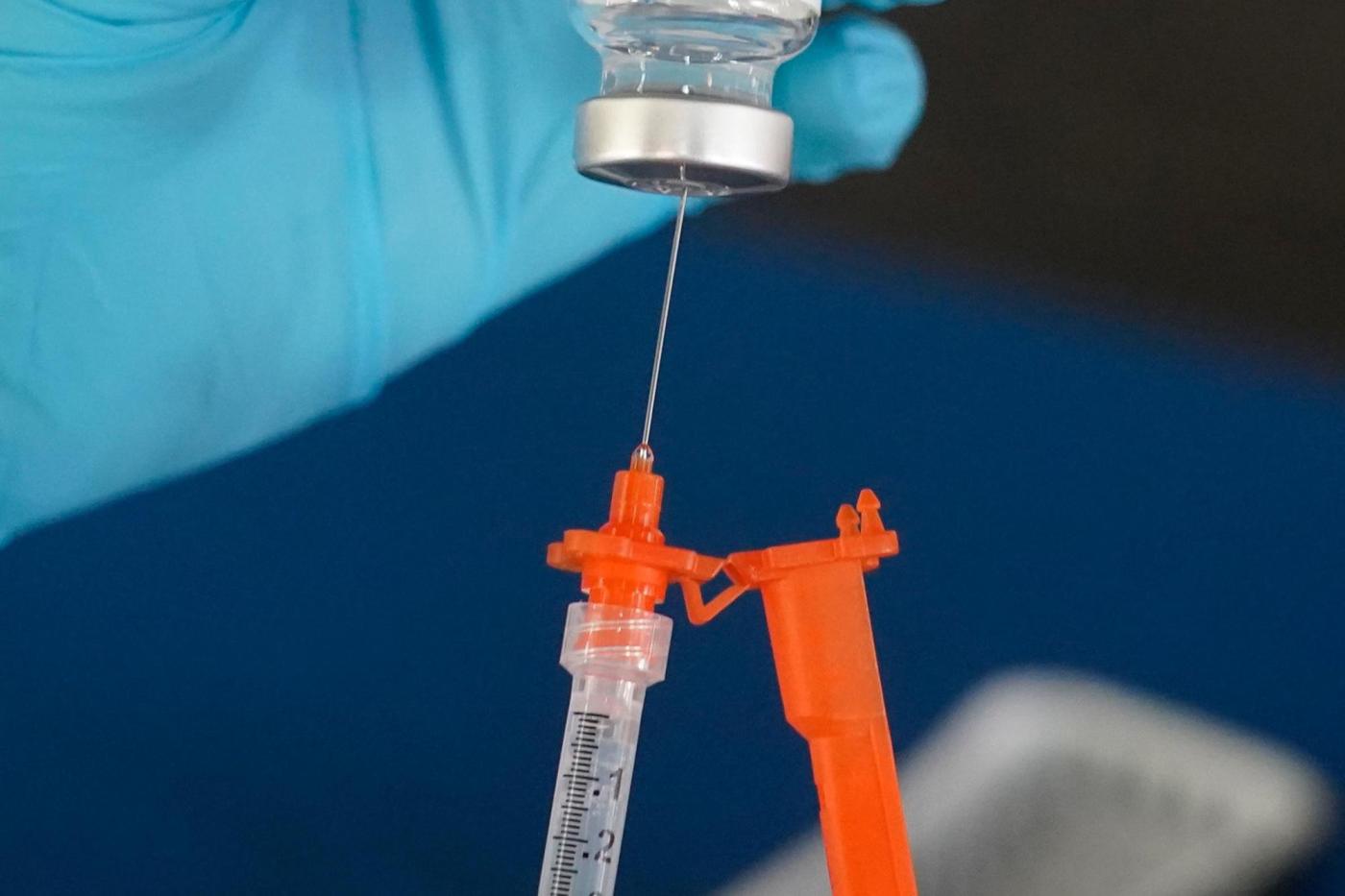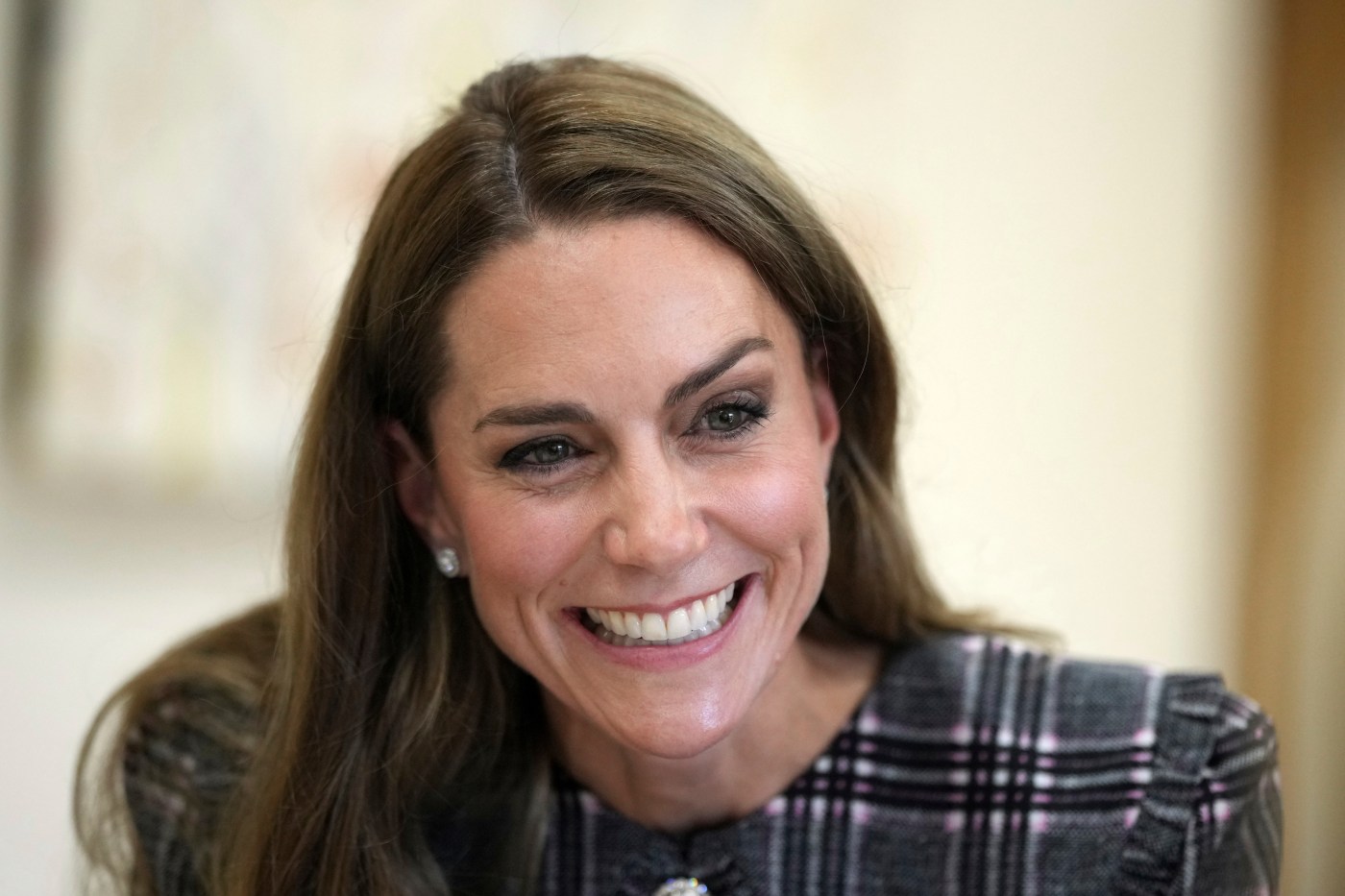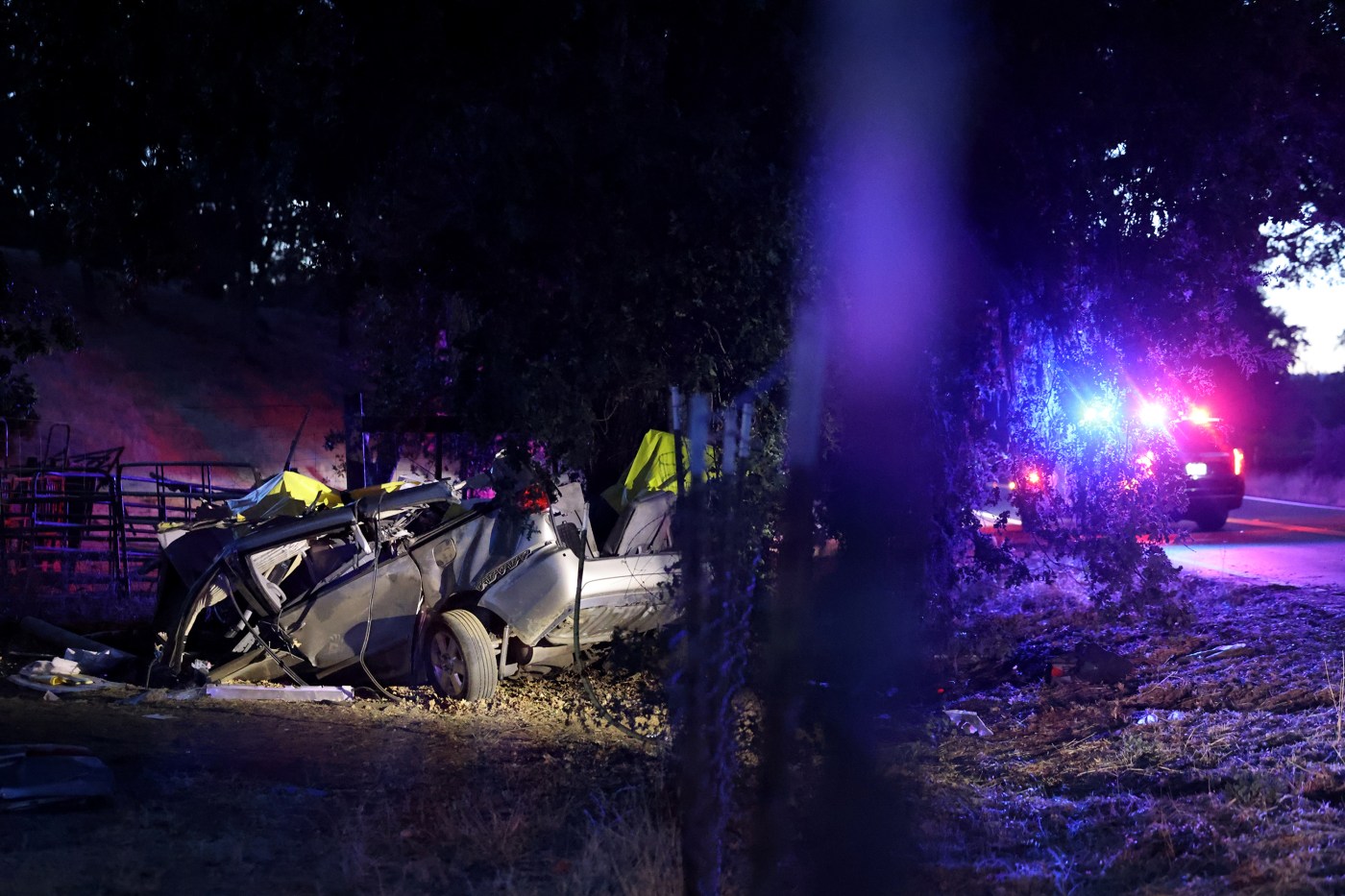With COVID cases surging across California at levels not seen since a year ago, and the fall respiratory virus season approaching, access to vaccines may be more limited.
The virus is no longer the menace that five years ago unleashed a pandemic, caused a million U.S. deaths and spurred government mask mandates and gathering restrictions. Demand for COVID vaccines has fallen, with some 60% in the U.S. showing little or no interest, according to an August Kaiser Family Foundation survey.
Related Articles
For some, a COVID-19 vaccine means jumping through hoops or hitting the road
California, Oregon and Washington governors form public health alliance in rebuke of Trump administration
FDA approves updated COVID-19 shots but limits access for some kids and adults
Kennedy’s anti-vaccine strategy risks forcing shots off market, manufacturers warn
Vaccine situation will be complicated this year, experts warn
But current virus variants continue to spread burning throats, fevers and other miseries. The disease remains more dangerous for seniors and younger people with preexisting health conditions. Those who do want to get the shot and thereby reduce risk of severe illness face conflicting recommendations from federal, state and other health officials, plus uncertainty over access and whether insurance will cover the cost.
“Never has our population been more confused than now,” said John Swartzberg, a clinical professor of infectious diseases and vaccinology at the UC Berkeley School of Public Health.
Federal regulators, led by U.S. Health Secretary and vaccine skeptic Robert F. Kennedy, Jr., approved new shots in August but limited access for millions of Americans.
Previously, the federal government authorized and recommended shots for adults and children six months and older. But when the U.S. Food and Drug Administration approved updated COVID-19 shots for the 2025-2026 season last month, it authorized them only for seniors and younger people with at least one high-risk medical condition, such as cancer or obesity.
On September 18, an advisory panel at the CDC is set to consider recommendations about vaccine eligibility. Earlier this year, Kennedy replaced the entire CDC panel, naming several doctors and researchers who have repeatedly questioned the safety of commonly used vaccines and ingredients.
Until the panel makes its conclusions, health insurers are in a holding pattern. They typically follow the panel’s recommendations when deciding which vaccinations to cover.
Elissa Harrington, an East Bay spokesperson for Kaiser, said the state’s largest insurer was reviewing the FDA’s guidelines and awaiting the CDC’s recommendations. The health giant will also evaluate the opinions of “relevant medical societies, to ensure safe and effective administration of the COVID vaccine,” she said in an email.
“Kaiser Permanente is committed to making the 2025-26 COVID vaccine available at no cost to children and adults for protection from severe illness from COVID,” she said.
That coverage will be key for patients, said Andrew Noymer, professor of population health and disease prevention at UC Irvine.
“The thing is, are the insurance companies going to pay for it? Because a lot of people will balk at the price,” he said.
Currently, seniors and younger adults with certain medical conditions can get the jab at CVS and Walgreens pharmacies, spokespersons said. The pharmacies will also give the vaccine to healthy people outside of those categories if they can get a prescription from their doctor. CVS will only take walk-in appointments for these patients, said spokesperson Amy Thibault.
But the criteria for a prescription is unclear. And without insurance coverage, the out-of-pocket of a shot is $150 or higher, presenting another barrier to access.
Further muddying the waters, Californians will likely have to parse dueling recommendations on vaccine use. Gov. Gavin Newsom this week announced that California will develop its own “science-based” immunization recommendations in a partnership with other West Coast states.
“They’ll do that until the federal government begins to return to a rational process — we hope,” said Georges Benjamin, a physician who leads the Washington-based nonprofit American Public Health Association, which opposes Kennedy.
Already, California is bucking the feds by recommending broader access to the COVID-19 vaccine than what the FDA has approved. The state is citing the guidelines of the American Academy of Pediatrics and the American College of Obstetricians and Gynecologists.
The duel over vaccines arrived during a summertime COVID-19 wave in the Bay Area and California.
Concentrations of the disease in wastewater are high throughout the Bay Area. But the wave is far less severe than the darkest days of the pandemic. In Alameda County, just one death was reported in the last week of August — far lower than the peak of more than 80 weekly deaths in January 2021. However, hospitalizations from COVID-19 were on the rise this summer in the county, from 17 in June to 73 the week of August 18. Hospitalizations about doubled in Santa Clara County, from 32 in early June to 59 on August 24.
Exposure to the virus is most risky for seniors, very young children and other high-risk people. Officials are asking locals to consider masking up in some settings, like crowded, indoor gatherings — and get the jab. According to the Centers for Disease Control and Prevention, immunization lowers the chance of landing in the hospital because of the virus.
“Getting vaccinated continues to be the best way to protect yourself from COVID and other serious illnesses,” a spokesperson for the Santa Clara County public health department said in an email.
But it remains to be seen whether Newsom’s alliance with other West Coast states will actually improve access to the jab, experts told Bay Area News Group. California, Washington, Oregon and Hawaii are in the group.
To be successful, the West Coast vaccine partnership will need to go beyond vaccine use recommendations and ensure that insurers continue to cover the COVID-19 vaccine for the general public, Noymer said. He added the caveat that insurers may not have to be forced and could decide on their own to cover the jab.
It’s unclear if Newsom is considering that. A spokesperson for the governor’s office referred Bay Area News Group to the California Department of Public Health. A spokesperson for the health agency side-stepped questions about insurance coverage.
“In the coming weeks, the alliance will finalize shared plans and principles to strengthen public access to vaccines and other public health measures that protect us,” spokesperson Grant Boyken said in an email. “Much work remains to be done, and CDPH will provide more information as soon as possible.”
The Associated Press contributed to this story.





